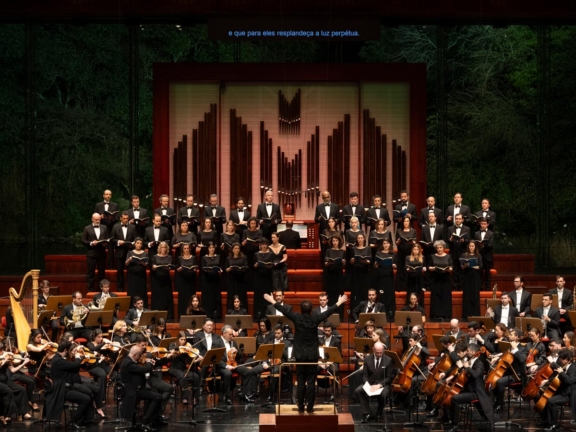
Fauré: Requiem
Conducted by Matthew Halls, the Gulbenkian Orchestra and Choir perform Gabriel Fauré's Requiem.

Conducted by Matthew Halls, the Gulbenkian Orchestra and Choir perform Gabriel Fauré's Requiem.
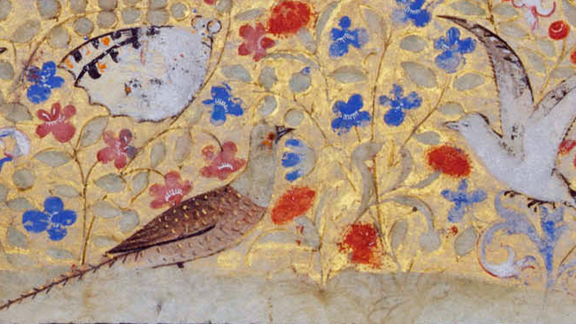
What is a Book of Hours? What is its function? What is written in its pages? Find the answer to these questions in this text by curator Ana Maria Campino.
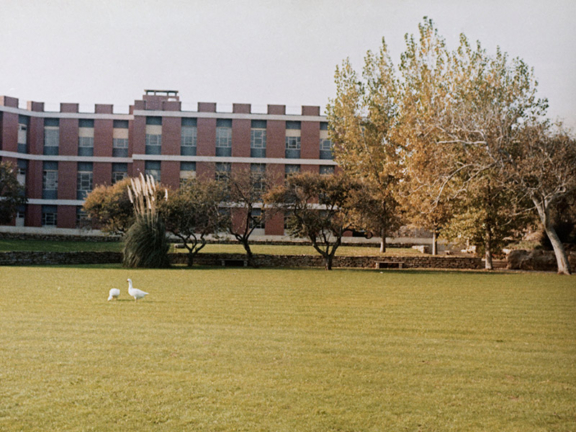
Read about the different stages in the building of the Instituto de Investigação Científica Gulbenkian, later known as the Instituto Gulbenkian de Ciência.
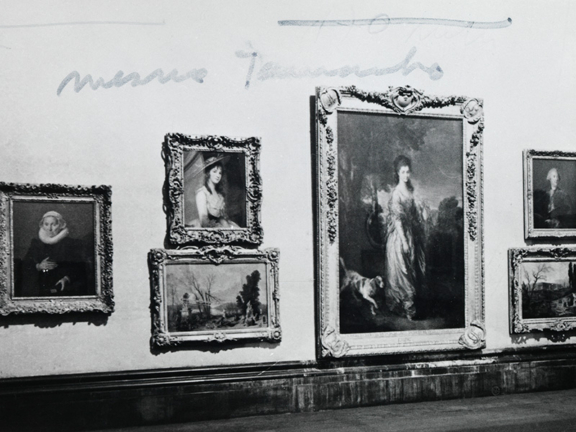
The evacuation to Wales of a few paintings belonging to Calouste Gulbenkian's collection, on loan to the National Gallery in London, is a little-known episode in the history of the collection now housed in the Calouste Gulbenkian Museum in Lisbon.
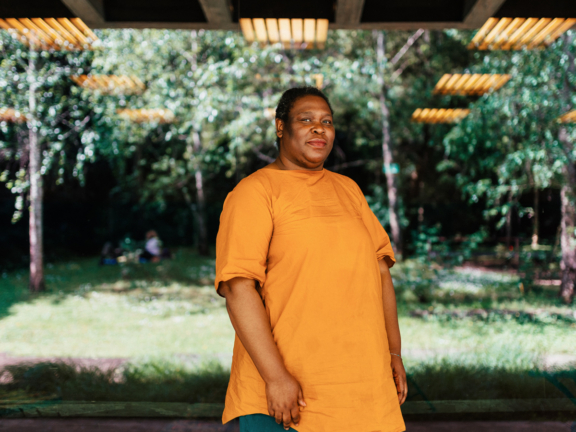
Curator and educator Sepake Angiama shares her views and experience on new institutional models.
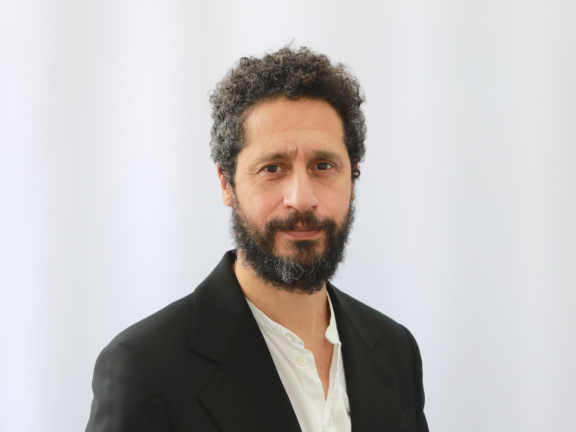
Curator Hicham Khalidi, director of the Jan Van Eyck Academie in Maastricht, discusses the responsibilities of cultural institutions, both outside and within organizational structures, in the scope of his participation in the programme ‘Cultural Institutions in Change’.
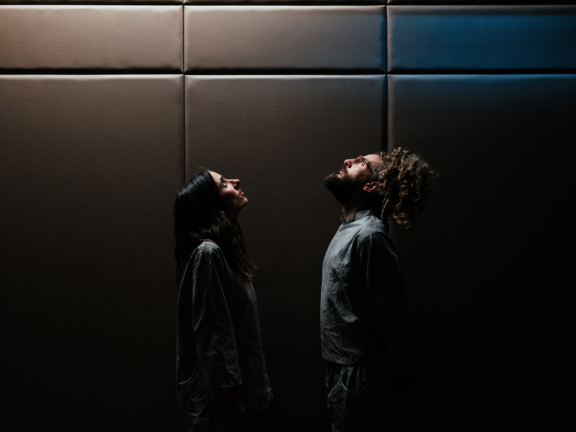
CAM interviewed Sara Rodrigues and Rodrigo B. Camacho, who together form the artistic collective Landra.
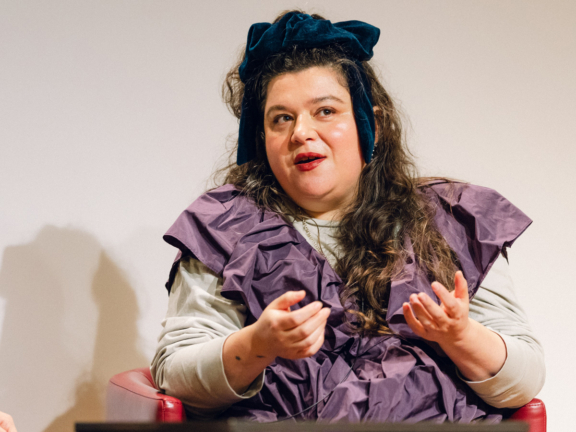
After presenting her film 'My Bodily Remains' at the Gulbenkian Foundation, we spoke to Tai Shani about her trajectory, what inspires her, and how politics and love are inseparable in her work.
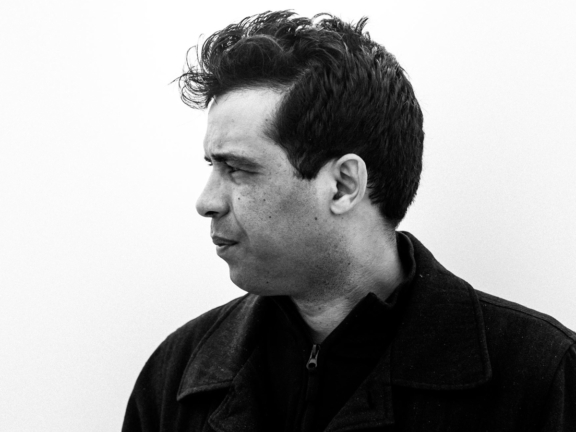
On the 50th anniversary of the 25 April Revolution, we asked different generations to choose a work from CAM’s Collection and relate it to this decisive moment in our recent history.
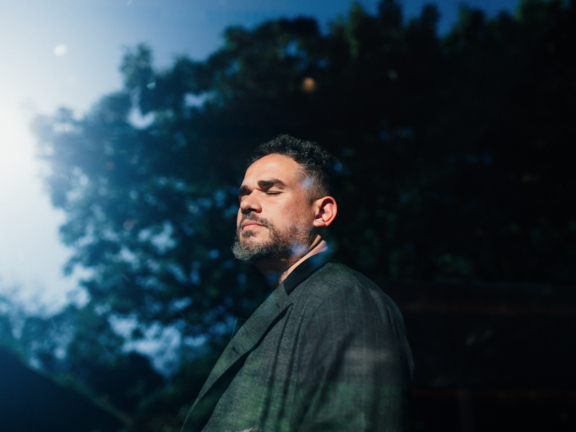
Curator and researcher Raphael Fonseca discusses the challenges of curatorship and change in cultural institutions, as part of his participation in the programme ‘Cultural Institutions in Change’.
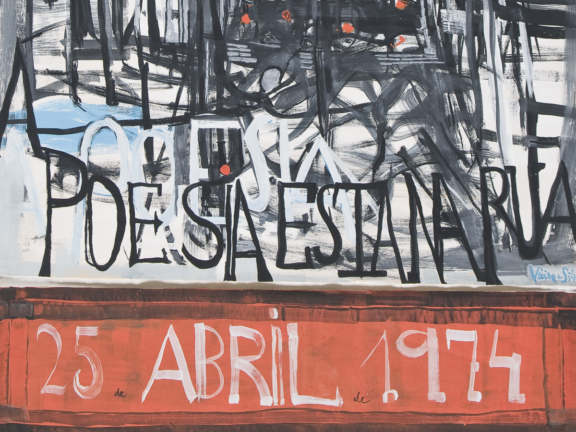
On the 50th anniversary of the 25 April Revolution, we asked different generations to choose a work from CAM’s Collection and relate it to this decisive moment in our recent history.
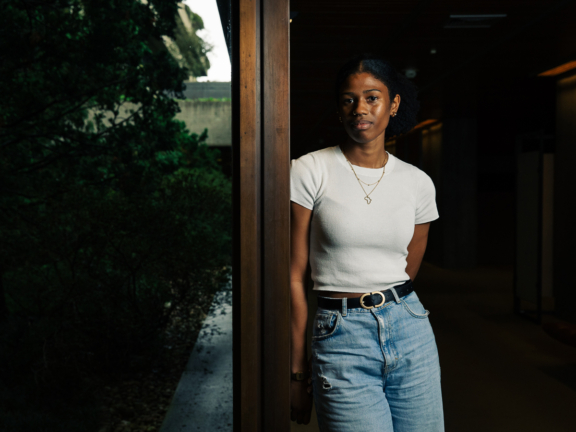
Yeri Varela shares her experience of working with the Youth Advisory Group and the various CAM teams. In this interview, Yeri reflects on what young people are looking for in cultural institutions and tells us about her passion for participatory art and the power it has to save us.
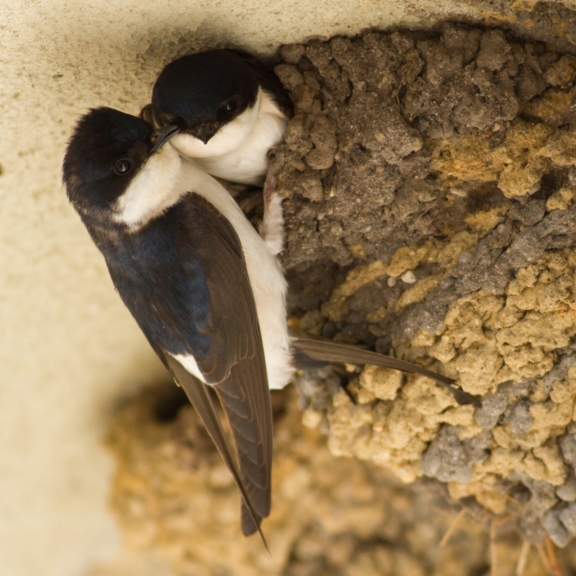
Swallows and swifts are iconic birds in Portugal and, for many, harbingers of spring. Find out more about these birds, their migration paths, their sources of food, and how to help them.
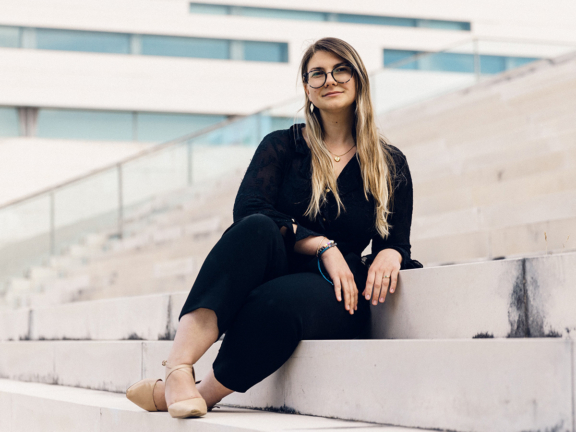
Isabel Lundbo Murta Costa came from a village in Faro to study law at the Nova School of Law on a Gulbenkian Merit Scholarship. In this interview, she tells us about her unique love for bureaucracy and her plans to change the world with love and joy, one day at a time.
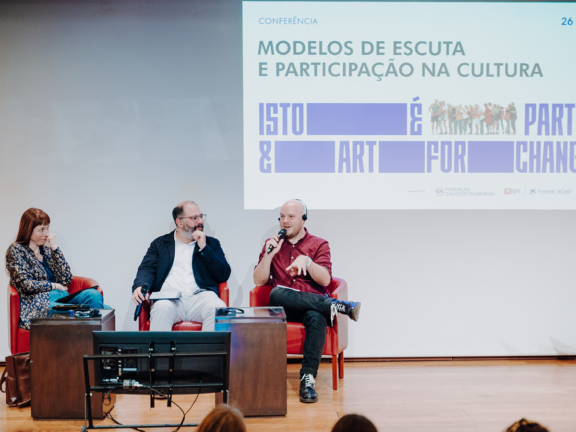
Learn how the Foundation is supporting young people in Portugal and the UK to lead creative projects and transform communities.
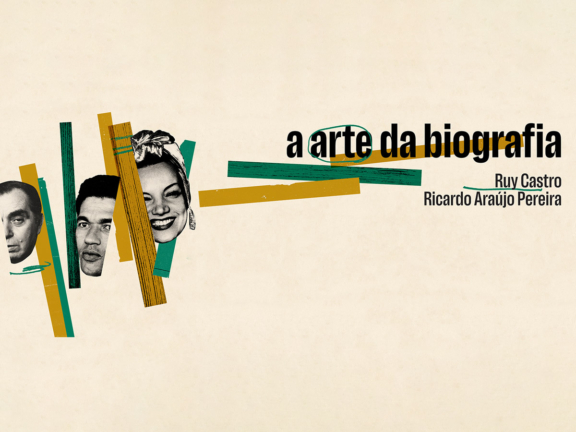
In this witty conversation with Ricardo Araújo Pereira, the Brazilian writer reveals several anecdotes about Nelson Rodrigues, Garrincha and Carmen Miranda, the subjects of some of his biographical works. He also talks about himself and the process of writing a biography.
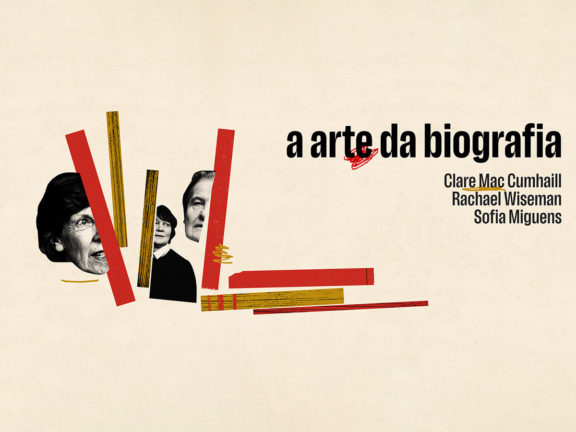
Clare Mac Cumhaill and Rachael Wiseman discuss the contributions of female thinkers to philosophy with Professor Sofia Miguens, while they address the process of collaborative writing.
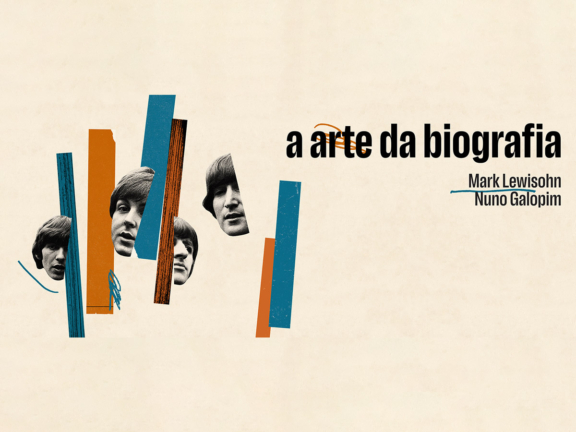
Regarded as one of the most important historians and biographers of The Beatles, Mark Lewisohn talks with Nuno Galopim about the four members of the British band and their references.
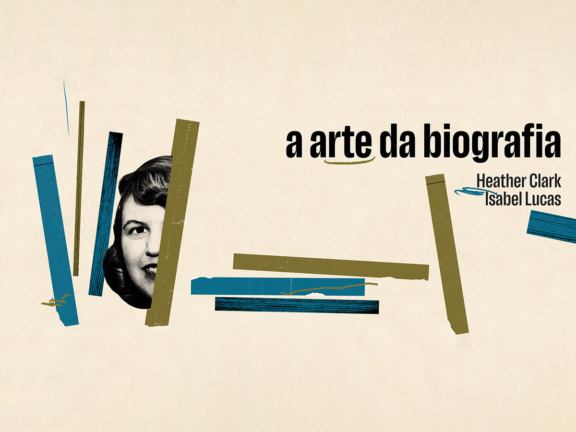
Writer and literary critic Heather Clark, in conversation with journalist Isabel Lucas, reveals how she wrote the biography of Sylvia Plath, one of the most impressive writers and poets of the 20th century. Her thorough research resulted in an award-winning book.
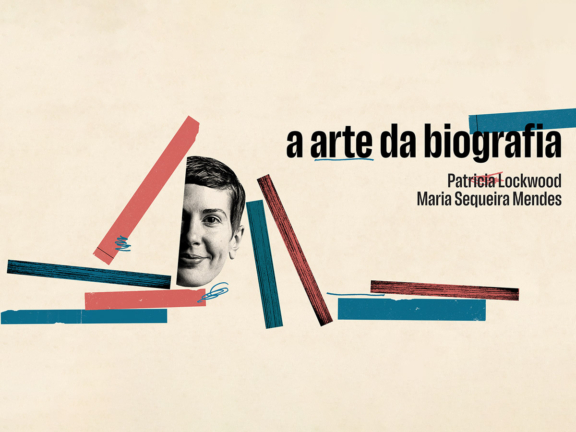
Although Patricia Lockwood is not the author of biographies, the North American writer’s memoir is a good example of how to write a humorous biographical book. In conversation with Maria Sequeira Mendes, Lockwood addresses her references and her work.
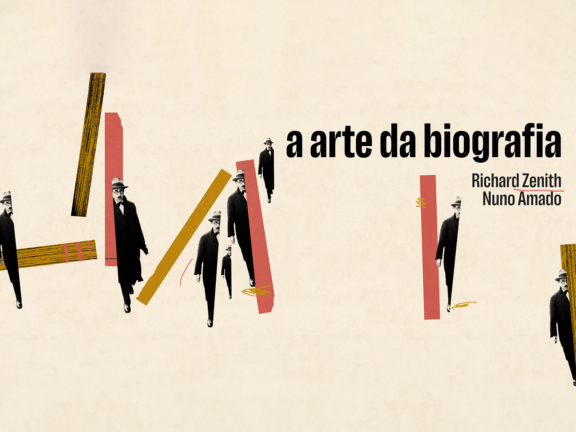
One of the most renowned translators and researchers of Pessoa’s work, Richard Zenith talks with Nuno Amado about the biography of Fernando Pessoa he wrote in 2022, for which he had to go through thousands of documents.
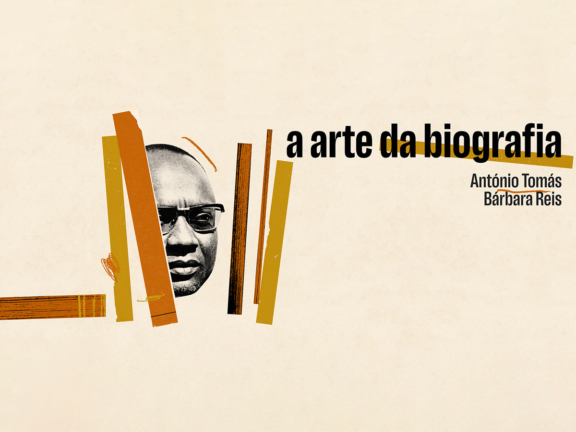
Journalist and anthropologist António Tomás is the author of a biography about Amílcar Cabral published 25 years ago, whose updated edition will be released later this year. The character of the most outstanding anti-colonialist thinker is the starting point for this conversation with journalist Bárbara Reis.
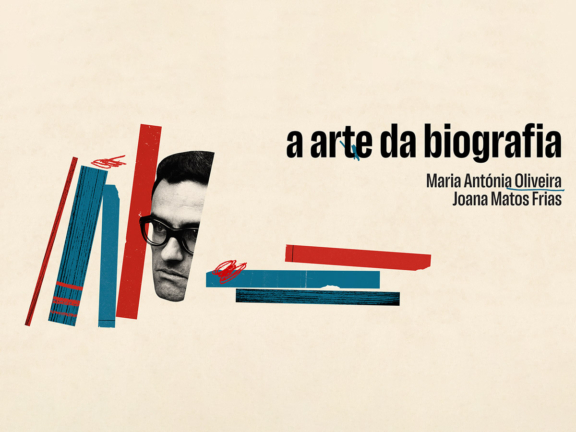
Writer and Professor Maria Antónia Oliveira discusses her written work about Alexandre O’Neill with Joana Matos Frias, while addressing the lack of support for biographical writing in Portugal.
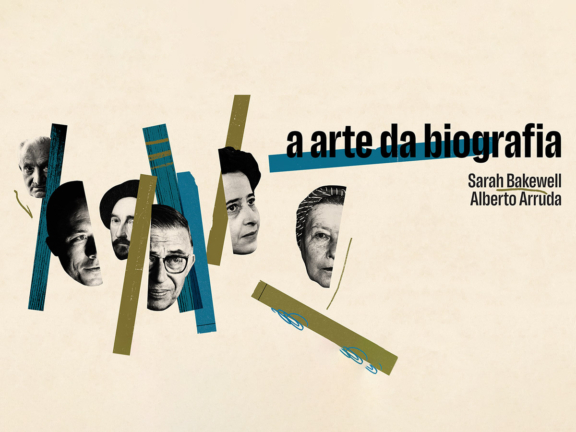
Sarah Bakewell and Professor Alberto Arruda discuss the art of writing biographies, the existentialists and her passion for philosophy.